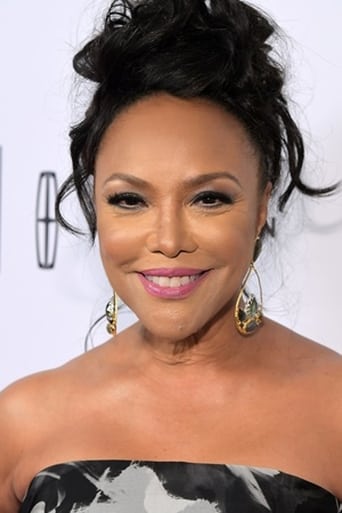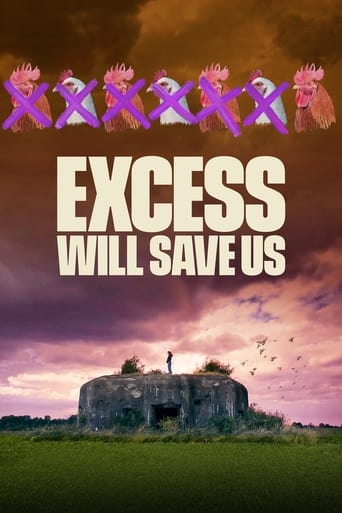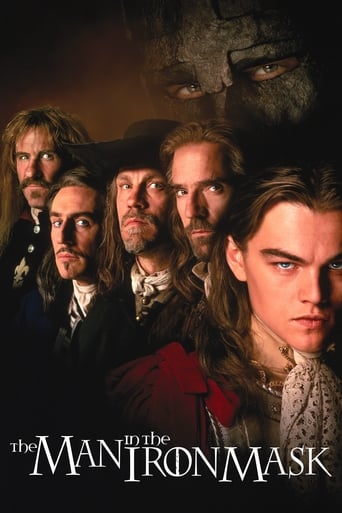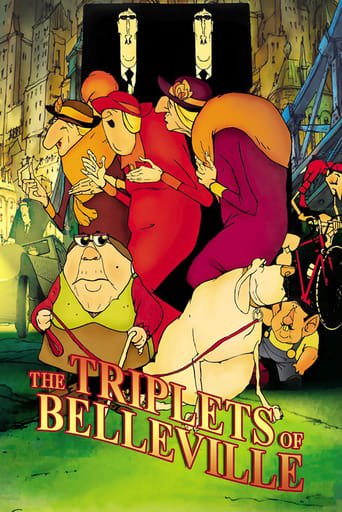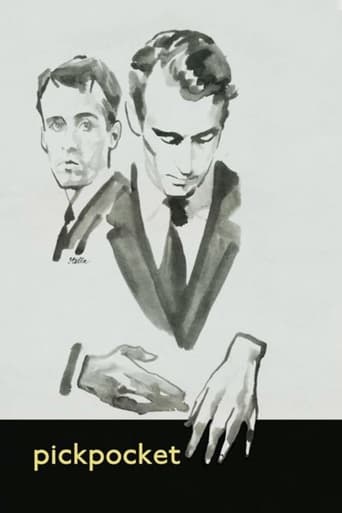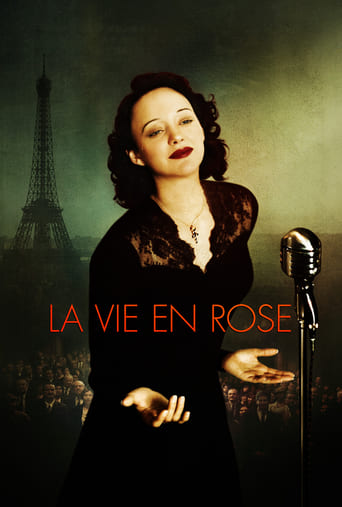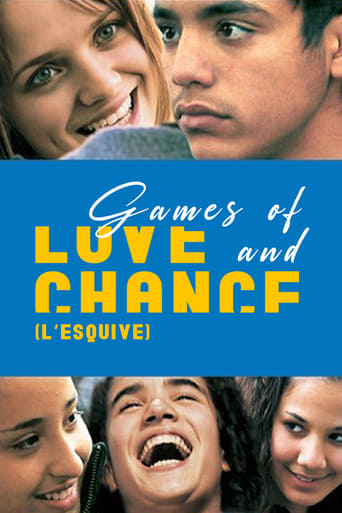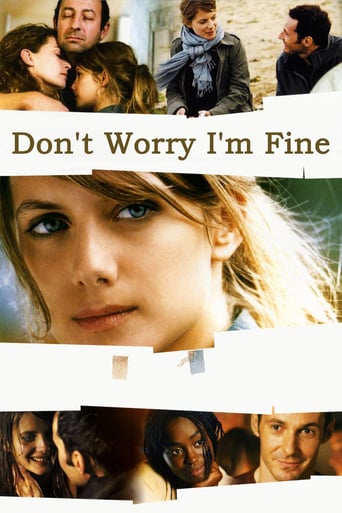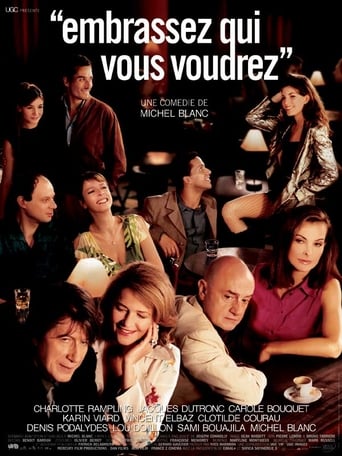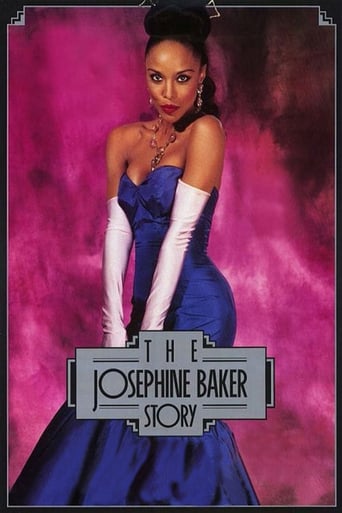
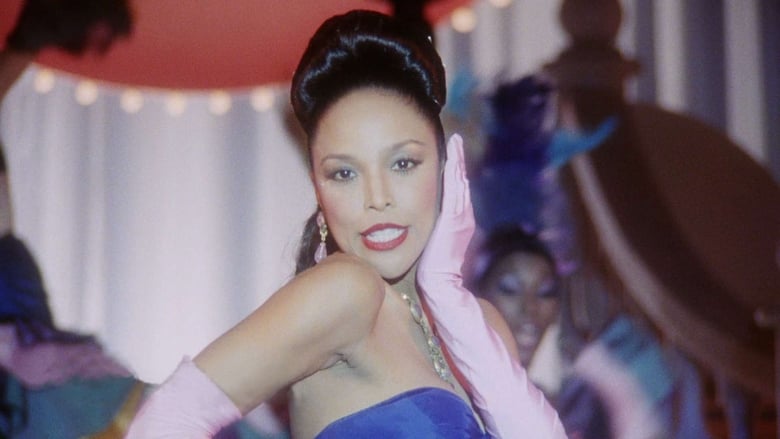
The Josephine Baker Story (1991)
Biography of the African-American who became a major performer in the Paris cabarets of the 1920s and 1930s. The film follows her life beginning as a struggling performer in 1917 St. Louis, her frustrations leading to her move to France, and follows to her death in 1975. Written by John Sacksteder
Watch Trailer
Cast


Similar titles
Reviews
Simply Perfect
Very interesting film. Was caught on the premise when seeing the trailer but unsure as to what the outcome would be for the showing. As it turns out, it was a very good film.
I enjoyed watching this film and would recommend other to give it a try , (as I am) but this movie, although enjoyable to watch due to the better than average acting fails to add anything new to its storyline that is all too familiar to these types of movies.
One of the worst ways to make a cult movie is to set out to make a cult movie.
Controversial to the point of massive historical study, Josephine Baker took the tragedies of her early life on the run, never forgetting the horrors of her childhood as she became a great star in Europe and returned to her native United States to make her own attempt at fighting for civil rights. She may not have always made the right decision of how to fight, but you can't help but admire her for standing up for her own values and the love that she gave to her beloved "rainbow tribe" in trying to show the world that human beings could live together in harmony and that color was not the appropriate way of judging your fellow man.Research shows that Ms. Baker (here played by the luscious Lynn Whitfield) didn't always have the support from her own people. She sometimes took things a bit too far, especially when she confronted the powerful Walter Winchell (Craig T. Nelson) for not standing up and revealing the truth about the way she was treated at the Stork Club on one night in 1951. Of course, just a decade before, she had been forced, as a star of the Ziegfeld Follies, to enter a fancy hotel via the kitchen rather than the lobby, and after spending time helping the allies during World War II obviously felt this opened the way for her to instigate her own methods of her fighting for civil rights. "Stormy Weather", a book on Lena Horne, mentions that Ms. Baker was offended when Horne didn't join her fight, having to suffer the indignities on her own back in the United States after, like Josephine, become a superstar in Paris.In spite of the methods Josephine Baker tried to win equality during this time, her story is a tribute to the fact that it does at least take the wrong kind of fight to open a few people's eyes to the wrongness that blacks and other minorities were fighting, even after the war against fascism had long ended. Like she says, "You have to fight for the minor things in order not to have the major things taken away". She made great strides during her time entertaining the troops in the middle east, bringing black and white troops together and proving that brotherhood knows no color. She adopted children of every racial background, destroying her own marriage in the process. So even if you disagree with the ways she did this, you have to at least give her thumbs up for attempting to get the ball rolling, especially after being told that as a poor black woman, she couldn't even make it as a dancer.There's a lot of sadness here in her life. She takes on a French nobleman as a lover, and her hopes for marriage and children with him are quickly dashed. Her agent tells her she needs more than stardom to find a husband; She needs a title, and she also needs to continuously re-invent herself to remain on the top. Then, there's the heartbreaking scene where she returns to America, goes on Broadway, and witnesses the elitist white audience walking out on her and the critical slaughtering she receives. So as much as you might not like some of the things she did, you can't help but feel some tears for her.Even more tearful is the scene where she looses the castle she has moved into and raised her adopted children in. Thrown out into the rain with her years of memorabilia, it is as if the world hasn't learned a darn thing about compassion. But, like many other stars of similar pasts (most obviously Judy Garland and Edith Piaf), her falls were always followed by a sudden rise, and here, that comes with a finale where you better darn well have the Kleenex ready. "The Times, They Are a Changin'" is one of the great heartbreaking songs of all times, and the way it is interspersed here with memories of her past will make you think twice about judging her.
In continuing to review African-Americans in film in chronological order for Black History Month, we're now at 1991 with HBO's biographical movie, The Josephine Baker Story. Before going on with my comment, I'd like to mention that star Lynn Whitfield is a native of the city I now live in, Baton Rouge, La. As the title indicates, this TV film chronicles the life and career of Ms. Baker, who rose from poverty in St. Louis to become the toast of France. In between, she tries and fails to integrate the U.S. (at least outside of her shows) and adopts lots of multicultural children to the consternation of her second husband. That husband-band leader Jo Boullion-was played by the late David Dukes who I remember first seeing as the man who attempted rape on Edith Bunker on "All in the Family". Other familiar faces that appeared here were Kene Holliday-who I remember as Baker on "Carter Country"-as musician Sidney Bechet, Louis Gossett Jr. as army leader Sidney Williams, Ruben Blades as Count Giuseppe Pepito Abatino-Baker's first husband, and Craig T. Nelson-who I first saw in Poltergeist-as columnist Walter Winchell who contributes to Baker's decline in the U.S. I'd also like to note Vivian Bonnell as Jo's mother, Mayah McCoy as Baker at 8, and Ainslie Currie as Baker at 13. All these performances and especially Ms. Whitfield's are excellent throughout. The director was the late Brian Gibson who briefly married Lynn and later guided Angela Bassett and Laurence Fishburne to Oscar nominations as Tina and Ike Turner in What's Love Got to Do with It. Like that movie, this one ends with real-life documentary footage. It's of Ms. Baker's funeral with her adopted kids attending. While I'm sure some liberties were taken in the depiction of Josephine Baker's life, the story flows so smoothly that one doesn't notice where those spots might be unless some viewers had read some of the books about her. So on that note, I highly recommend The Josephine Baker Story.
I enjoyed this movie but felt there was one major problem that prevented it from being an even better film. Even though Baker was VERY famous for her semi-nude dancing in France in the early 20th Century, showing these nude dances in the film make this a poor choice to show kids. And, the problem is, this is EXACTLY the audience that could really benefit from learning about Miss Baker. In other words, how can kids learn about a great African-American if their parents tell them they can't see the film because of its "high boobie quotient"? If they had used a few photographic techniques, they could have made this a PG movie and appropriate for all.Apart from this, the movie is very competently made. The acting and direction are fine. Give it a try and then try to get a copy of ZOU ZOU--a film actually starring Josephine Baker. Then, you can compare the bio with the real lady.
Some outstanding performances here by Whitfield, Blades, Gossett, and others in this overly long biography of an important, outspoken, and controversial African American woman, who was years ahead of her time. It was quite a revelation to see how African Americans were treated in St. Louis and in New York in the decades before the civil rights advances of the 50's and 60's. We all know about the history of the South, but in many places up North, things were nearly as difficult for minorities in the 1930's and 40's. The story of Josephine Baker had to be told since so many of us are not familiar with her achievements. And HBO and the cast did an outstanding job doing so. The movie was entertaining and sexual, eye-opening and thought provoking. It covered American society as well as French and even gave us some insights into Josephine's heroics and patriotism during WWII and her push for equality of the races in the U.S. military. I would have preferred to see the movie end while Josephine was at the top and still young, rather than drag on with her numerous adoptions and comeback attempts. That's why it was not a major motion picture.....too long and drawn out for theater audiences. A good movie to watch at home while putting away the laundry or brushing the dog.


